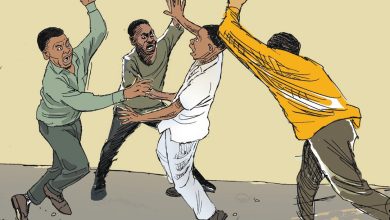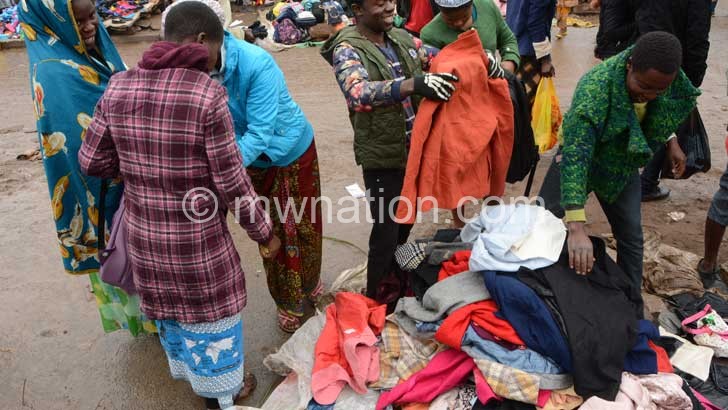Tribute to Winnie Mandela
Winnie Madikizela-Mandela, the South African anti-apartheid campaigner, activist and politician, who is still being mourned by South Africa, died a day before my birthday.
In my quiet celebrations, I usually take stock of what I have achieved and failed to achieve. This year, I spent reflecting on and admiring the life of one of Africa’s most bold, charismatic, energetic and unapologetic daughters, Winnie-Madikizela Mandela.
When I got a WhatsApp message that simply said: “Winnie Mandela has departed”, the response from was: “As in dead?” and then I got a confirmation that yes, she is dead. I thought the one who sent the message would respond that she had departed for her home after being discharged from the hospital. That was my wish.
My emotional connection with this phenomenal daughter of the land was reaffirmed in November 2010, when in a group of other journalists from Southern Africa Development Community (Sadc) countries attended a training in Johannesburg, South Africa. We were taken on a tour of Soweto, starting from the Hector Pieterson Museum in Orlando West. The tour’s last stop was at Winnie and Nelson Mandela’s Soweto home, which has been turned into a museum.
The museum guide produced a brochure which had a list of fees that we had to pay if we wanted to go inside. For Sadc members, the fee then, was R40 while for non-Sadc members, it was R60. Many journalists protested the fee—a growing tendency among journalists, saying they should have been accorded special treatment to go inside the museum without paying the fee, justifying that they are Africans and the fee should apply to non-Africans—flawed thinking.
I had R100 on me, which was for upkeep. I didn’t hesitate to pay the fee to tour the house. Growing up, I had heard a lot about Nelson Mandela, and in particular about his fearless wife, Winnie. I wanted to get a feel of the place these two African icons lived. The apartheid government’s violence and the struggles the Mandelas went through is very evident from the wall of the house which is riddled with bullet holes.
We were told of the struggles and how Winnie fought back and kept the fire burning and ensuring that her husbanda’s name was never forgotten while he was in prison. From henceforth, I had nothing but admiration for this woman of valour.
I imagined how many of us would have stood up to such a violent regime, look it in the face and challenged it.
Winnie Mandela has left so many lessons for the African woman—that nothing is impossible if you put your mind to it and you are determined. She has also taught women, to sit at the table, which is oftentimes laid out for men only while women are banished to the kitchen to prepare meals for the men to eat.
Winnie without uttering a word, but by her actions, said a woman can do what a man can do—and do it even better than a man. She left a lesson that your freedom will not be given to you on a silver platter, you have to demand and fight for it.
Show people what you are made of, and that you can be more than just the title of Mrs. so and so.
Julius Malema, leader of the Economic Freedom Fighters (EFF), in his tribute to Winnie Mandela said people like her do not die but multiply to a forest of trees.
As 2019 is fast approaching, I am calling on all the Winnie Mandelas in this forest to come out and take up leadership positions in their political parties. Do not settle for the less but, go for positions where you will not only uplift your voice and interests but the interests of Malawian women. I pray that parties will make deliberate efforts to enable women to compete at such a level. Do not be intimidated. Hamba Kahle Winnie.
a




